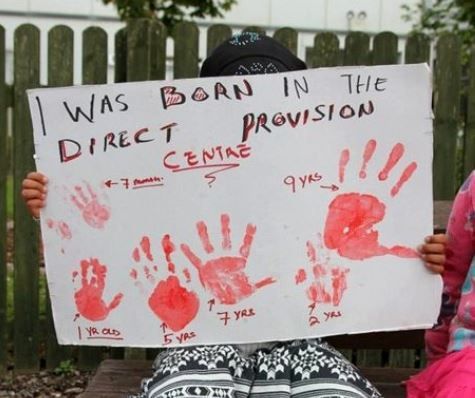Articles
Voice of migrants and asylum seeking in Ireland
14 February, 2023

By Artemis Driva from Eurospeak Limited
Undoubtedly, learning the language of the host country is essential when moving into it. If you want to have contact with the locals, to communicate and interact with them, you need to learn their language.
Being an academic migrant himself, Dr. Andrea Ciribuco, received his PhD at NUI Galway in Ireland. Later on, he was also teaching Italian language classes himself in Umbria, in Italy. His research is about how a new language is connected to survival, adaptability and creativity in contexts of migration. Dr. Andrea highlights the following:
“A migrant’s voice can resonate also through the arts. In my work, I witness every day the activity of migrant poets, video makers and musicians. Their art often stems from language classes or integration-oriented programs; other times, it is something that they make simply because they believe in it.”
Apart from migrant’s or refugee’s voice heard, vital is the issue with bureaucracy and the legal papers those people expect to receive in order to get integrated into the host country. In Ireland especially, the asylum procedure faces many obstacles and appears to be time consuming.
It was last week, on Saturday the 12th of February 2022 in Dublin, when the Movement of Asylum Seekers in Ireland, called in short “MASI”, held an information session for asylum seekers who arrived in Ireland recently. The MASI is alarmed by the delays in access to the asylum procedure after people declare that they are in Ireland seeking international protection.
As MASI states it:
“We were appalled to learn that almost all attendees had waited for several weeks before they could be given an opportunity for formally apply for international protection. And when they are given that opportunity, the documentation they receive varies. Ordinarily, after submitting an application for international protection, an asylum seeker would be given a Temporary Residency Card (TRC) and a copy of their preliminary interview. Some of the asylum seekers who attended the information session had a Temporary Residency Card that did not have an application date. Some had a piece of paper with their photo on it.”
The SeHeMe project aims to make the voice of young migrants and refugees be heard and as an effect to speed up their bureaucratical needs. Moreover, SeHeMe could be a good opportunity for young migrants and refugees to network and help each other to share knowledge in order to acquire the required documentation.
References
- Irish Research Council, “How migrants find their voice”, Dr. Andrea Ciribuco, 26 th of July 2018
- MASI – “Statement on Access to the Asylum Procedure”, 15 th of February 2022
